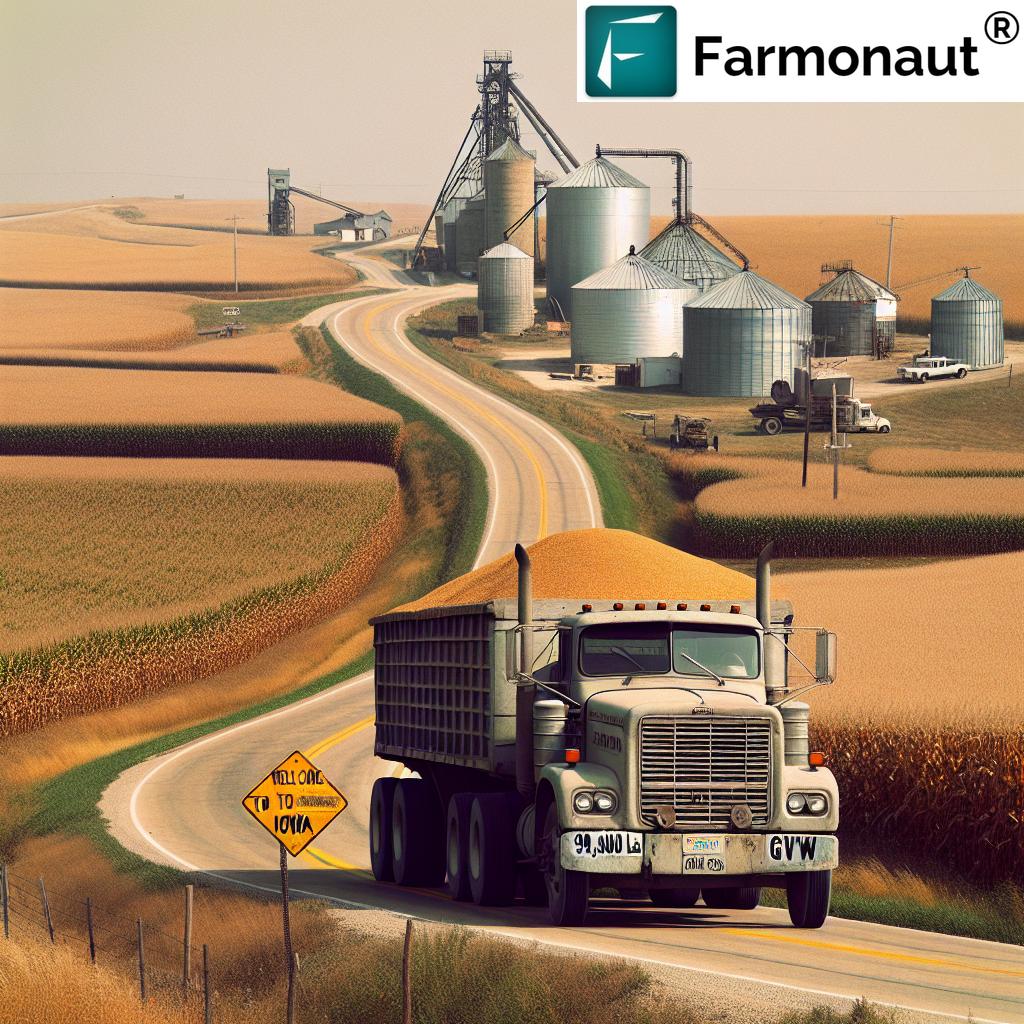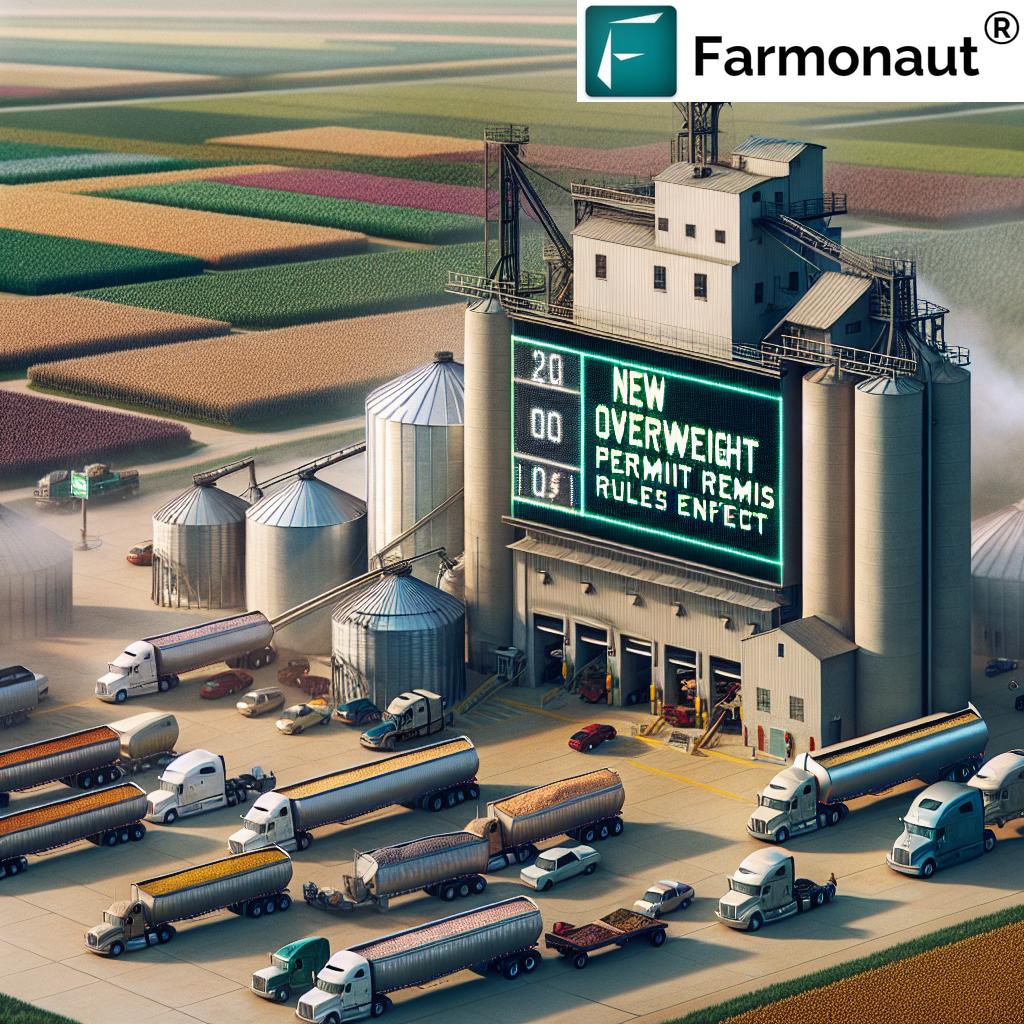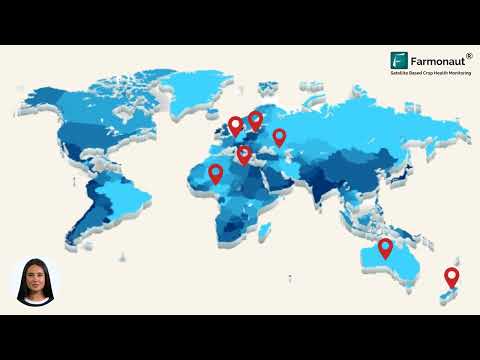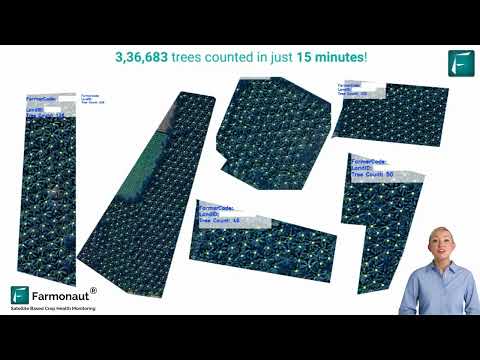Iowa’s New Overweight Permit Extension: What Farmers Need to Know About Grain and Fertilizer Transportation
“Iowa’s new overweight permit extension allows vehicles to carry up to 90,000 pounds of agricultural products without permits.”
In a significant move that impacts the agricultural sector across Iowa, Governor Kim Reynolds has signed an extension of the proclamation relating to weight limits and transportation of grain, fertilizer, and manure. This crucial update to Iowa fertilizer transportation and overweight grain transportation permit regulations has far-reaching implications for farmers, transporters, and agribusinesses throughout the state. As we delve into the details of this extension, we’ll explore how it affects farm truck weight limits, agricultural hauling regulations, and the overall landscape of agricultural transportation in Iowa.
Understanding the Overweight Permit Extension
The proclamation, which took effect immediately and continues through April 7, 2025, allows vehicles transporting a variety of agricultural products to operate overweight without requiring a permit. This extension covers a wide range of farm commodities and inputs, including:
- Corn
- Soybeans
- Hay
- Straw
- Silage
- Stover
- Fertilizer (dry, liquid, and gas)
- Manure (dry and liquid)
- Distillers grains
Under this extension, vehicles carrying these products can operate at weights up to 90,000 pounds gross weight without the need for an overweight grain transportation permit. This significant change in Iowa agricultural trucking rules is poised to streamline operations for farmers and transporters alike, potentially reducing bureaucratic hurdles and improving efficiency in the agricultural supply chain.

Impact on Iowa Fertilizer Transportation
The extension has significant implications for Iowa fertilizer transportation. By including dry, liquid, and gas fertilizers in the overweight allowance, the proclamation addresses a crucial aspect of agricultural operations. Farmers and fertilizer distributors can now transport larger quantities of these essential inputs without the need for additional permitting, potentially reducing transportation costs and improving the timeliness of fertilizer applications.
This change in fertilizer hauling guidelines could lead to more efficient distribution of nutrients across Iowa’s farmlands, ultimately contributing to improved crop yields and farm profitability. It’s important to note that while the weight limits have been increased, all other safety regulations and best practices for handling and transporting fertilizers must still be strictly adhered to.
Grain Transportation: A New Era for Corn and Soybean Hauling
The inclusion of corn and soybeans in the overweight allowance is a game-changer for grain producers across Iowa. This update to corn and soybean transportation regulations allows for more efficient movement of harvested crops from fields to storage facilities and markets. By permitting heavier loads without additional paperwork, the extension could potentially reduce the number of trips required to transport the same volume of grain, leading to fuel savings and decreased wear and tear on farm equipment and roads.
Farmers should be aware that while this extension provides flexibility in grain transportation, it’s crucial to balance the benefits of larger loads with considerations of road safety and equipment capabilities. Proper loading techniques and adherence to vehicle maintenance standards remain essential for safe and efficient grain hauling operations.
Manure Transport: Addressing a Crucial Aspect of Livestock Operations
The extension also covers both dry and liquid manure, reflecting an understanding of the diverse needs of Iowa’s livestock sector. This update to Iowa manure transport laws could significantly impact how livestock operations manage waste removal and distribution. The ability to transport larger quantities of manure without additional permits may lead to more efficient nutrient management practices, benefiting both crop and livestock farmers.
However, it’s important to emphasize that proper handling and application of manure remain critical. Farmers and transporters must continue to follow best practices for manure management to protect water quality and optimize the nutrient value of this important agricultural resource.
Distillers Grains: Supporting the Ethanol Industry
The inclusion of distillers grains in the overweight allowance is a nod to Iowa’s significant ethanol industry. This byproduct of ethanol production is a valuable feed ingredient for livestock operations. The new distillers grains transportation guidelines under this extension could lead to more efficient distribution of this product from ethanol plants to farms, potentially reducing costs for both ethanol producers and livestock farmers.
This change may also encourage greater utilization of distillers grains in livestock rations, supporting the circular economy within Iowa’s agricultural sector.
Farm Commodity Weight Exemptions: A Closer Look
The extension essentially creates a blanket set of farm commodity weight exemptions for the specified products. This approach simplifies the regulatory landscape for agricultural transportation in Iowa, potentially leading to several benefits:
- Reduced administrative burden for farmers and transporters
- Increased flexibility in responding to market demands and weather conditions
- Potential cost savings in transportation and logistics
- Enhanced ability to move agricultural products efficiently during critical periods like planting and harvest
However, it’s crucial for all stakeholders to understand that these exemptions do not override other safety regulations or exempt vehicles from weight limits on bridges or other infrastructure with specific restrictions.
“The extended Iowa agricultural transportation regulations will remain in effect for approximately 24 months, until April 2025.”
Implementing the New Regulations: Best Practices for Farmers and Transporters
While the overweight permit extension offers significant flexibility, it’s essential for farmers and transporters to implement best practices to ensure safety and compliance:
- Vehicle Maintenance: Ensure all vehicles are properly maintained to handle heavier loads safely.
- Load Distribution: Properly distribute weight across axles to prevent road damage and maintain vehicle stability.
- Route Planning: Be aware of any roads or bridges with weight restrictions that may still apply, even under the new regulations.
- Documentation: While permits are not required, it’s advisable to carry documentation of the cargo type and weight for verification purposes.
- Safety Training: Provide additional training for drivers handling heavier loads to ensure safe operation.

Economic Implications of the Extension
The overweight permit extension is expected to have significant economic implications for Iowa’s agricultural sector:
- Cost Savings: Reduced trips and simplified logistics could lead to substantial cost savings for farmers and transporters.
- Improved Market Responsiveness: The ability to move larger quantities of agricultural products more efficiently could help farmers better respond to market demands and opportunities.
- Support for Rural Economies: More efficient transportation could indirectly benefit rural communities by supporting agricultural profitability and reducing costs.
- Potential Infrastructure Considerations: While the extension offers benefits, there may be long-term considerations regarding road wear and maintenance costs that will need to be monitored.
At Farmonaut, we understand the importance of efficient agricultural operations. While we don’t directly deal with transportation regulations, our satellite-based farm management solutions can help farmers optimize their operations in other ways. Our advanced crop monitoring tools can assist in planning harvests and managing crop health, which can indirectly support more efficient use of transportation resources.
Environmental Considerations
While the extension aims to improve efficiency in agricultural transportation, it’s important to consider potential environmental impacts:
- Reduced Emissions: Fewer trips required for the same volume of goods could lead to reduced overall emissions from transportation.
- Soil Compaction: Heavier loads could potentially increase soil compaction in farm fields if not managed properly.
- Water Quality: Efficient manure transportation could support better nutrient management practices, potentially benefiting water quality if implemented correctly.
Farmers and transporters are encouraged to balance the economic benefits of the new regulations with responsible environmental stewardship. Farmonaut’s satellite monitoring capabilities can assist in tracking field conditions and optimizing resource use, supporting sustainable farming practices alongside these new transportation allowances.
Comparison: Iowa Overweight Permit Extension
| Aspect | Previous Regulation | New Extension (Until April 2025) |
|---|---|---|
| Maximum Gross Weight | Varied based on specific permits | Up to 90,000 pounds |
| Permit Requirement | Required for overweight loads | Not required for specified commodities |
| Covered Commodities | Limited range | Corn, soybeans, hay, straw, silage, stover |
| Fertilizer Types | Varied regulations | Dry, liquid, and gas included |
| Manure Types | Often required separate permits | Dry and liquid included |
| Other Covered Materials | Limited inclusion | Distillers grains included |
| Duration of Extension | Typically shorter-term | Extended through April 7, 2025 |
Leveraging Technology for Efficient Farm Management
While the new overweight permit extension focuses on transportation, it’s part of a broader trend towards efficiency and optimization in agriculture. At Farmonaut, we believe in harnessing technology to support these goals. Our satellite-based farm management solutions offer valuable tools for farmers looking to maximize their operations:
- Crop Health Monitoring: Our real-time satellite imagery can help farmers track crop health, potentially optimizing harvest timing and yield.
- Resource Management: By providing insights into soil moisture and crop needs, we help farmers make informed decisions about irrigation and fertilizer application.
- Weather Forecasting: Accurate weather predictions can assist in planning transportation and field operations more effectively.
To learn more about how Farmonaut can support your farming operations, visit our web application or download our mobile apps:
The Future of Agricultural Transportation in Iowa
The overweight permit extension represents a significant shift in Iowa agricultural trucking rules. As the agricultural sector adapts to these changes, we may see further innovations in transportation and logistics. Some potential developments to watch for include:
- Advancements in vehicle technology to safely handle heavier loads
- Integration of GPS and routing software to optimize transportation efficiency
- Development of new storage and handling facilities to accommodate larger shipments
- Potential adjustments to road maintenance schedules and techniques
As these changes unfold, it will be crucial for farmers, transporters, and policymakers to continue dialogues on balancing efficiency, safety, and infrastructure preservation.
Conclusion: Embracing Change in Iowa’s Agricultural Landscape
The extension of overweight permit regulations for agricultural transportation in Iowa marks a significant shift in how the state approaches the movement of essential farm commodities and inputs. By allowing vehicles to carry up to 90,000 pounds of specified agricultural products without permits until April 2025, Iowa has taken a bold step towards streamlining its agricultural logistics.
This change affects everything from Iowa fertilizer transportation to corn and soybean transportation, potentially reducing costs, improving efficiency, and allowing farmers to respond more flexibly to market demands and seasonal pressures. However, it also comes with the responsibility to ensure that these new allowances are implemented safely and sustainably.
As the agricultural sector adapts to these new farm commodity weight exemptions, it’s an opportune time for farmers to review their overall operations and look for additional ways to optimize their practices. Tools like Farmonaut’s satellite-based farm management solutions can play a crucial role in this optimization, offering insights that complement the benefits of the new transportation regulations.
By staying informed about these regulatory changes and leveraging advanced agricultural technologies, Iowa’s farmers and agribusinesses can position themselves for success in an evolving agricultural landscape. The overweight permit extension is more than just a change in transportation rules – it’s a catalyst for reimagining the efficiency and productivity of Iowa’s vital agricultural sector.
Frequently Asked Questions (FAQ)
- Q: What is the duration of the new overweight permit extension in Iowa?
A: The extension is effective immediately and continues through April 7, 2025. - Q: What types of agricultural products are covered under this extension?
A: The extension covers corn, soybeans, hay, straw, silage, stover, fertilizer (dry, liquid, and gas), manure (dry and liquid), and distillers grains. - Q: What is the maximum weight allowed under this extension?
A: Vehicles can operate at weights up to 90,000 pounds gross weight without needing an overweight permit. - Q: Does this extension apply to all roads in Iowa?
A: While the extension applies broadly, it’s important to note that it doesn’t override specific weight restrictions on certain bridges or roads. Always check local restrictions. - Q: Are there any special requirements for vehicles operating under this extension?
A: While no special permits are required, vehicles must still comply with all other safety regulations and be properly maintained to handle the increased weights.
Earn With Farmonaut: Earn 20% recurring commission with Farmonaut’s affiliate program by sharing your promo code and helping farmers save 10%. Onboard 10 Elite farmers monthly to earn a minimum of $148,000 annually—start now and grow your income!
For more information about our affiliate program, visit Earn With Farmonaut or watch our explainer video:
Farmonaut Subscriptions
For developers interested in integrating our satellite and weather data into their own applications, check out our API and API Developer Docs.
Stay informed and optimize your farming operations with Farmonaut’s cutting-edge agricultural technology solutions. Together, we can navigate the changing landscape of Iowa’s agricultural sector and drive sustainable growth for the future.






